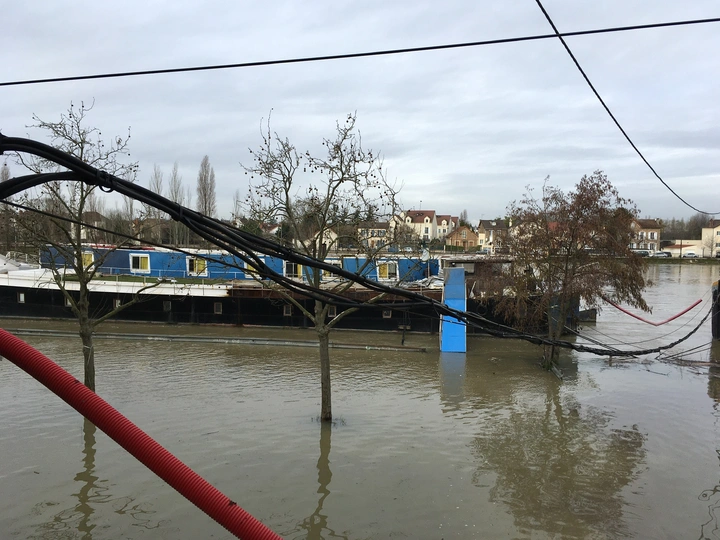Invisible confluences

I am a French architect, PhD in architecture, and teacher at the École nationale supérieure d’architecture de Paris-Belleville. For the past 7 years, I have been practicing in Villeneuve-Saint-Georges, a vulnerable suburban city south of Paris, where I lead small-scale architectural and urban rehabilitation projects.
My work focuses on the built environment as a site of care, struggle, and transformation. I specialize in informal and overlooked situations: degraded co-owned buildings, flood-prone housing, self-built extensions, undocumented dwellings. I work directly with residents, local administrations and private owners to legalize, adapt, or rehabilitate these spaces and buildings — always with attention to their human, ecological, and political stakes.
As a researcher, I develop critical inquiries into the suburban condition, and architectural responsibility in peripheral contexts. I am currently preparing an HDR (habilitation à diriger des recherches) and contributing to multiple academic programs, combining teaching, mentoring, and experimental pedagogy.
Alongside practice and research, I also support young architects who wish to work independently, outside of traditional agency structures. Through ArchiSolo, I help them build ethical, local, and resilient practices, especially in suburban and rural settings.
My approach is grounded, relational, and interdisciplinary. I believe architecture can only matter today if it reconnects with territorial reality and dares to imagine radically local futures.
Invisible Confluences is a spatial research and storytelling project that explores forgotten hydrological systems at the fringes of European cities. It focuses on suburban areas where rivers and urbanisation meet — or rather, fail to meet — due to ecological risk management, neglect, or forced erasure.
The project begins in Villeneuve-Saint-Georges (France), a suburban town south of Paris marked by its precarious relationship to water. Situated at the confluence of the Yerres and Seine rivers, the town is subject to regular flooding. Today, an entire neighborhood is being demolished and labelled “unbuildable”, while residents are displaced in the name of ecological restoration.
But these spaces are not empty. Beneath them lie confluences — physical, social, and symbolic — that carry forgotten histories, community knowledge, and marginalized ways of inhabiting.
Through a combination of fieldwork, sensitive mapping, interviews, archival research and spatial analysis, Invisible Confluences will document these submerged geographies; trace their socio-ecological histories; and reclaim them as sites of urban, cultural, and ecological significance.
At a time when climate adaptation often translates into exclusion, Invisible Confluences insists on situated practices of care, memory, and resistance. It calls for new architectural and ecological imaginaries rooted in what still flows — quietly — under the surface.
The project will produce a series of narrative maps showing the “missing” hydrological and human layers; a visual and sonic installation echoing the erased presence of water; and a collaborative publication fruit of meaningful dialogues between Villeneuve-Saint-Georges to other flood-prone suburbs in Europe (Tallinn, Rome, Timișoara)
I am eager to contribute with my critical and grounded approach to architecture, while learning from each partner’s methodologies — curatorial, pedagogical, editorial, or public-facing.